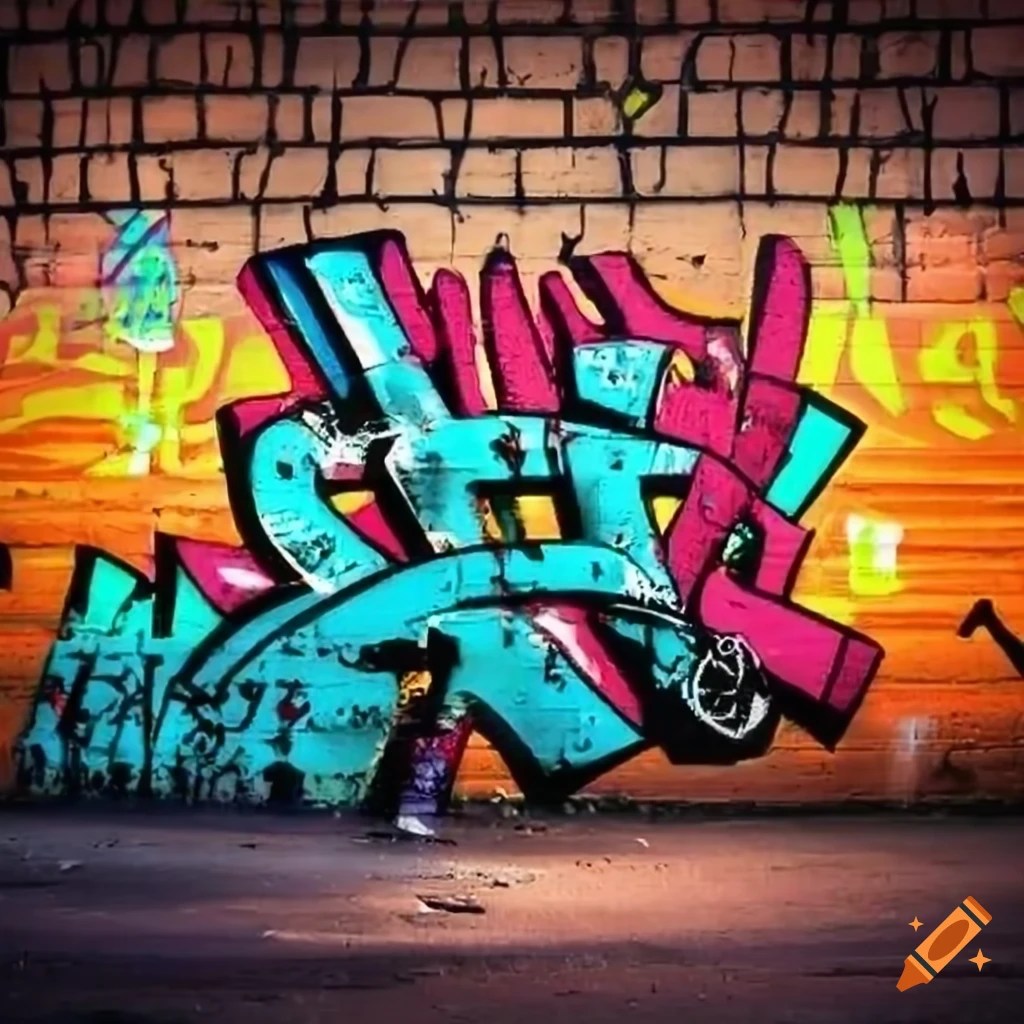The Urban Canvas: Why Graffiti Sparks Debate
A splash of vibrant color across a brick wall, a cryptic message scrawled on a train car – graffiti is a ubiquitous presence in urban environments around the world. While some see it as a form of artistic expression, others view it as a blight on public spaces, sparking heated debates about its place in society.
At the heart of the controversy lies a fundamental question: When does art cease to be art and become vandalism? Those who condemn graffiti argue that it is a form of property damage, often undertaken without the consent of property owners. The presence of unauthorized markings can be perceived as a sign of neglect, potentially impacting property values and contributing to a sense of urban decay.
Conversely, proponents of graffiti often liken it to street art, highlighting its potential to transform mundane spaces into open-air galleries. They point to the elaborate murals and intricate designs that can emerge from spray paint, arguing that these creations can inspire, challenge, and even beautify their surroundings. Some even view graffiti as a form of social commentary, a visual language for marginalized voices to be seen and heard.
The legal implications of graffiti vary widely depending on location and context. In many jurisdictions, unauthorized graffiti is considered vandalism and punishable by law, with consequences ranging from fines to imprisonment. This legal gray area further complicates the debate, blurring the lines between artistic expression and criminal activity.
The debate surrounding graffiti is unlikely to be resolved anytime soon. It reflects broader societal conversations about public space, ownership, and the very definition of art. As cities evolve and urban landscapes continue to transform, the role of graffiti, and its impact on the communities it touches, will undoubtedly remain a topic of passionate discussion.
One of the most significant issues with graffiti, from the perspective of those who oppose it, is the issue of consent. When graffiti is applied to private or public property without permission, it represents a violation of the property owner's rights. This act, regardless of artistic merit, can be seen as disrespectful and intrusive.
Additionally, graffiti can contribute to a sense of fear and insecurity within a community. While some might view it as harmless tagging, others may perceive it as a sign of gang activity or a general disregard for the law. This fear can lead to a decline in community pride and a reluctance to invest in public spaces.
Furthermore, the removal of graffiti can place a significant financial burden on property owners and municipalities. The cost of cleaning supplies, labor, and even specialized restoration services can be substantial, diverting resources from other important community initiatives.
Advantages and Disadvantages of Graffiti
| Advantages | Disadvantages |
|---|---|
| Can be seen as a form of artistic expression and creativity. | Primarily considered vandalism and illegal in many places. |
| Can revitalize dilapidated areas and bring color to urban landscapes. | Can deface private and public property, leading to a sense of neglect. |
| Can be used as a platform for social and political commentary. | Can contribute to a sense of fear and insecurity within a community. |
While graffiti remains a contentious issue, understanding both sides of the debate is crucial. Acknowledging the concerns of those who view it as a nuisance while appreciating the perspectives of those who see it as an art form is essential for fostering productive dialogues about its role in our communities. Ultimately, finding ways to balance individual expression with the need for respectful co-existence within shared spaces is paramount.
Not nyt crossword blog
Your next car awaits white auto mall honda hopkinsville ky
The boy who wouldnt when harry potter refuses to help in fanfiction














